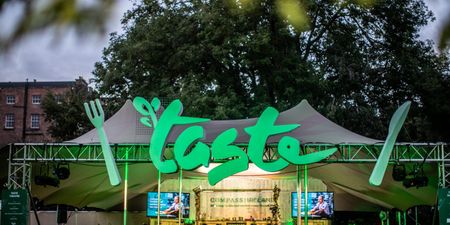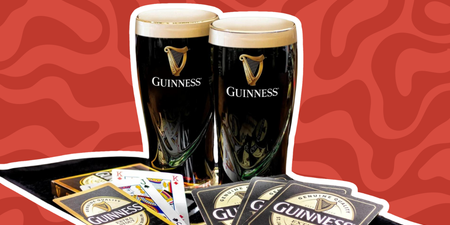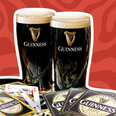As a child I loved the idea of buried treasure, who knew what lay below the hilly mounds of St. Anne’s Park or Bull Island as I went exploring? There was something so adventurous and mysterious about the possibilities of hidden troves everywhere I went. Then during year 2000 millennium hype I started burying time capsules, putting great thought and effort into the contents, hoping in 20 years time (if we survived the Y2K Bug) that I would be able to dig them up and laugh at the preservation of my former self. So recently, when a family friend let me in on a little secret called Geocaching, my eyes lit up with childish glee at the prospect of buried treasure for grown ups.

Geocaching is a technological treasure hunt, with participants using GPS signals and coordinates to access the bounty. I know, you’re probably thinking ‘this is far too geeky for me!’, but it’s actually an unreal concept. So here’s how it works. You decide you want to make a cache, you use a small container and inside you place a totem/object/anything at all (it can be a yoyo or a small figurine or even a piece of Lego) as well as a tiny notebook and pencil. You then pick your hiding place, which can’t be too far from your permanent residence in order to keep up maintenance if necessary – as in you could live in Harold’s Cross but you place it in Sandymount. All that’s required then is that you log on to the Geocaching website to register your cache. Once approved by admin, you await explorers trying to find your cache and logging on to the website to let you know how they got on.

With a network of caching across Dublin, Ireland and the world, this is a pretty nifty hobby to pick up. For people going travelling it’s a cool way to map your path, as you attempt to find different caches in various locations across the globe. There also exists a perilous cache sitting at the peak of Mount Everest and another potentially more dangerous cache hidden by a secret waterfall in Kimbumba in the Democratic Republic of the Congo (where, coincidentally, GPS technology is illegal and guns are not). With an international fanbase, tourists use it quite a lot when visiting Ireland, so making a Geocache is a great way to share some of your favourite places in Dublin with people who might never come across them otherwise.

Closer to home, if you’ve a free Sunday and are looking for an adventure, there are hundreds of caches just waiting to be discovered around Dublin. With just a quick log in to the website you may find that there’s even some right on your doorstep. The idea behind it is so simple, yet so fun. Enabling us all to get in touch with our inner child, so take a chance this weekend and go hunting for treasure… You never know what you might discover!
Topics:
RELATED ARTICLES




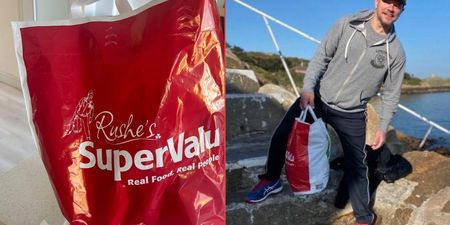

MORE FROM Lovin Dublin


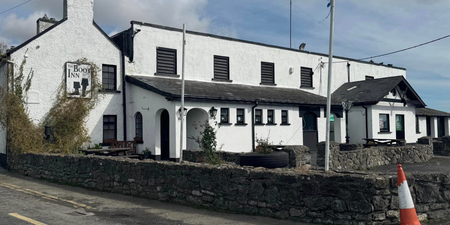
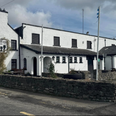
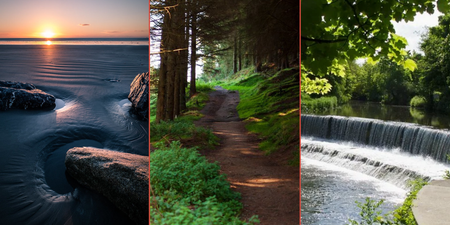
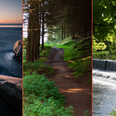


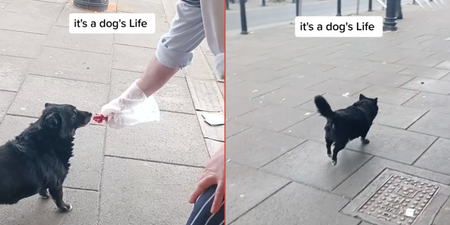
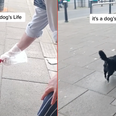
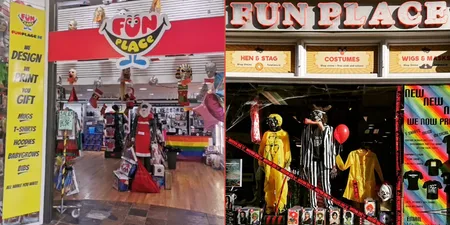

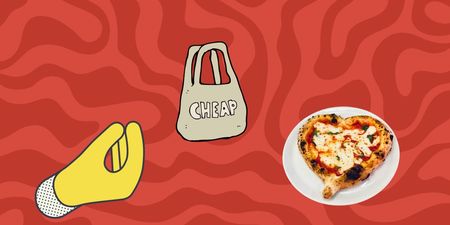

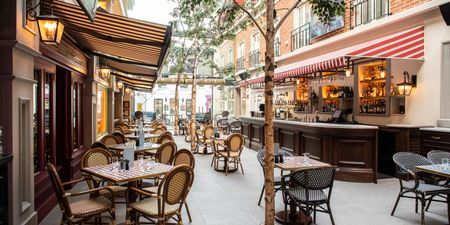

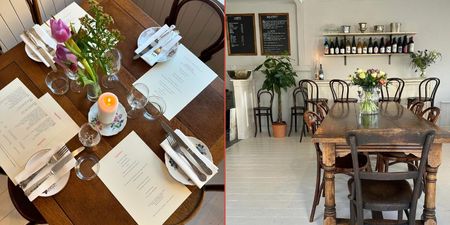





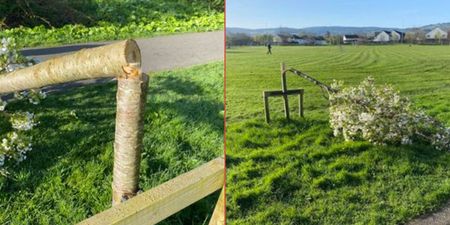
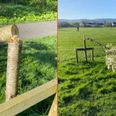
MORE FROM Lovin Dublin


